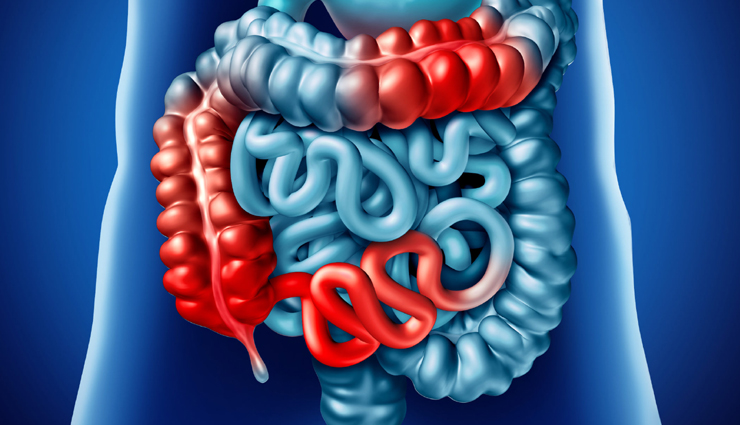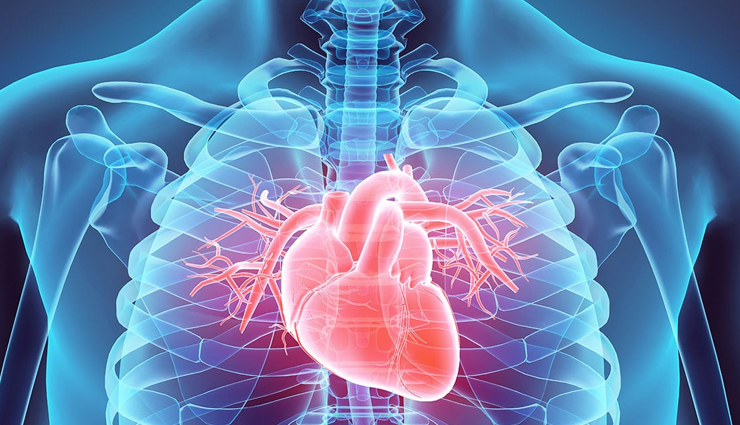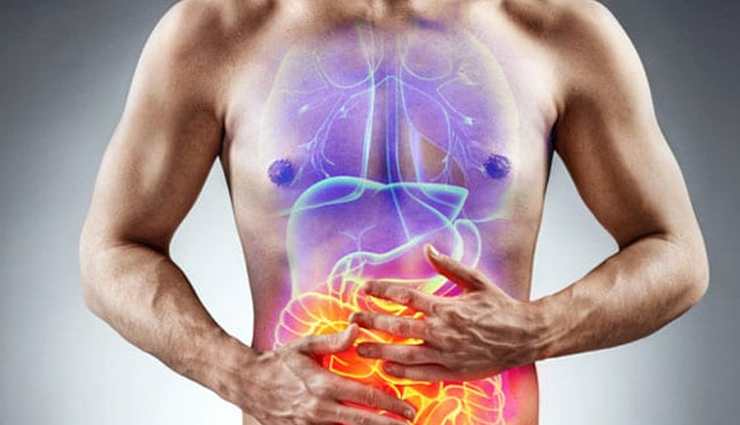- Home›
- Healthy Living›
- 7 Amazing Reasons To Eat Corn In Monsoon
7 Amazing Reasons To Eat Corn In Monsoon
By: Priyanka Maheshwari Tue, 06 Aug 2024 10:59:44

Corn, also known as maize, is a cereal grain first domesticated by indigenous peoples in southern Mexico about 10,000 years ago. It is one of the most widely grown crops in the world and plays a crucial role in global agriculture. Corn is versatile and used in a variety of products, from food and animal feed to industrial applications.
Key Facts About Corn:
Types: There are several types of corn, including sweet corn, field corn, popcorn, and ornamental corn. Each type has specific uses and characteristics.
Nutritional Value: Corn is rich in carbohydrates and provides essential nutrients such as fiber, vitamins (like B vitamins), and minerals (such as magnesium and potassium). However, it's low in protein compared to other grains.
Uses:
- Food: Sweet corn is commonly consumed as a vegetable, while field corn is often processed into products like corn syrup, cornmeal, and tortillas.
- Animal Feed: Field corn is a major source of feed for livestock.
- Industrial: Corn is used in the production of ethanol (a biofuel), plastics, and various chemicals.
Cultivation: Corn is grown in diverse climates but thrives in warm, sunny conditions with well-drained soil. It requires ample water and is usually planted in spring and harvested in late summer or early fall.
Economic Importance: Corn is a staple crop in many countries, contributing significantly to economies through agriculture and trade. In the United States, it is a major crop and has a substantial impact on the agricultural sector.
Corn offers several health benefits due to its nutritional profile. Here are some of the key benefits:
# Rich in Nutrients:
Vitamins: Corn is a good source of B vitamins, including B1 (thiamine), B5 (pantothenic acid), and folate. These vitamins play crucial roles in energy metabolism and red blood cell formation.
Minerals: It provides essential minerals like magnesium, potassium, and phosphorus, which support bone health, muscle function, and cardiovascular health.

# High in Fiber:
Corn is a good source of dietary fiber, which aids in digestion, helps maintain bowel regularity, and can contribute to lower cholesterol levels. Fiber also promotes a feeling of fullness, which can help with weight management.

# Antioxidant Properties:
Corn contains antioxidants like lutein and zeaxanthin, which are beneficial for eye health. These antioxidants help protect against age-related macular degeneration and cataracts.

# Supports Heart Health:
The fiber, antioxidants, and healthy fats in corn contribute to cardiovascular health. Fiber helps lower cholesterol levels, while antioxidants protect the heart from oxidative damage.
# Provides Energy:
Corn is a good source of carbohydrates, which provide a steady supply of energy. It can be a valuable addition to an active lifestyle or a balanced diet.

# Helps with Metabolism:
The B vitamins found in corn play a role in energy metabolism, helping to convert food into usable energy and supporting overall metabolic processes.

# May Aid in Disease Prevention:
The nutrients and antioxidants in corn may help reduce the risk of chronic diseases, including certain types of cancer, by protecting cells from damage and supporting overall health.





